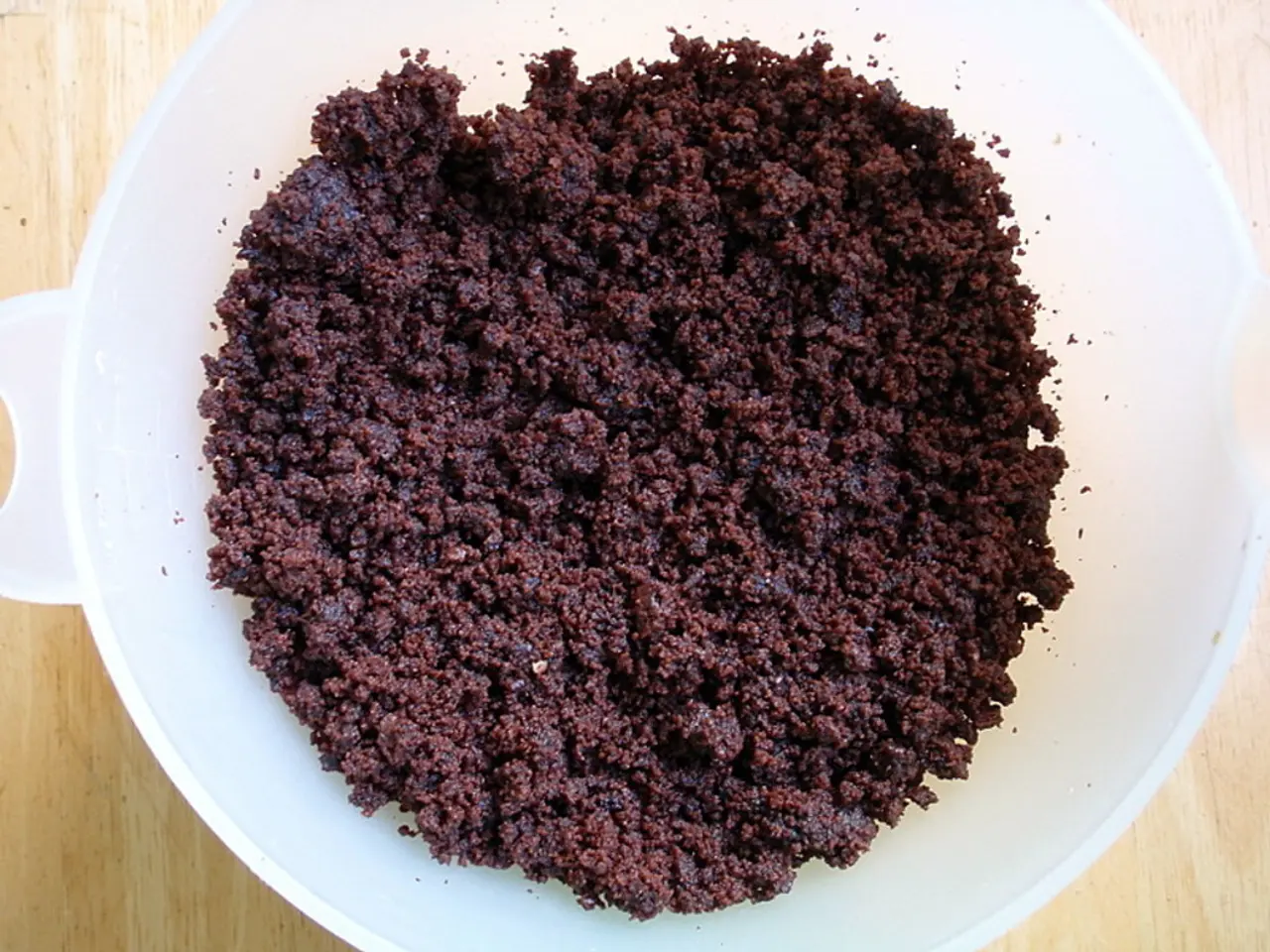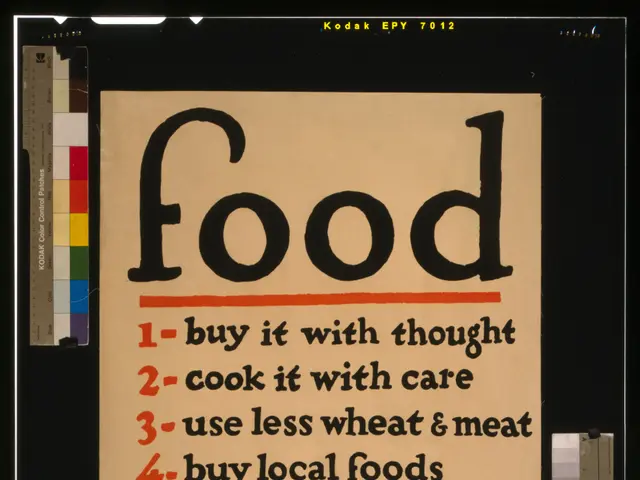Best Type of Fiber for Managing Irritable Bowel Syndrome (IBS)
For those grappling with Irritable Bowel Syndrome (IBS), understanding the role of diet in managing symptoms can be crucial. While more research is needed to fully comprehend the mechanism of action of the low FODMAP diet on IBS, it is currently recommended by doctors as a safe and inexpensive nutritional therapy.
The Importance of Soluble Fiber
In the context of IBS, soluble fiber is generally preferred over insoluble fiber. Soluble fiber absorbs water, forming a gel-like substance in the gut, and helps regulate bowel movements by softening hard stools and firming loose stools. This can help reduce common IBS symptoms such as diarrhea, constipation, bloating, and cramping.
Recommended Sources of Soluble Fiber
Some recommended sources of soluble fiber include psyllium (ispaghula husk), oats and oat bran, barley, legumes (e.g., lentils and beans), fruits like apples (without skin), bananas, berries, and citrus fruits, and vegetables such as carrots, potatoes, and sweet potatoes.
Psyllium: The Most Studied Soluble Fiber
Psyllium, in particular, has been extensively researched and is often recommended due to its ability to significantly improve stool frequency and consistency, and potentially reduce overall IBS symptoms, especially in IBS with constipation (IBS-C).
Implementing Soluble Fiber into Your Diet
When introducing soluble fiber into your diet, it's essential to start with a small amount and gradually increase intake to allow the digestive system to adjust and reduce side effects like bloating, gas, and cramps.
Cautions and Considerations
While soluble fiber can be beneficial, it's important to remember that excessive fiber intake, especially introduced too quickly, can lead to increased bloating, gas, and abdominal discomfort. Additionally, very high fiber intake might affect mineral absorption, such as iron, zinc, and calcium. Individual tolerance can vary, and fiber management strategies may need to be personalized depending on IBS subtype (IBS-C, IBS-D) and symptom patterns.
In summary, aim for a gradual increase of soluble fiber sources such as psyllium, oats, barley, and certain fruits and vegetables, while minimizing insoluble fiber to effectively manage IBS symptoms and improve digestive comfort.
It's always advisable to consult with a healthcare professional if you are experiencing symptoms of IBS, as they can provide personalized advice and guidance based on your specific needs.
- Psyllium, a type of soluble fiber, has been extensively studied and is often recommended for IBS management due to its ability to improve stool frequency and consistency, potentially reducing overall IBS symptoms.
- Established sources of soluble fiber, such as psyllium, oats, barley, legumes, fruits, and vegetables, can help regulate bowel movements and alleviate common IBS symptoms like diarrhea, constipation, bloating, and cramping.
- When implementing soluble fiber into a nutrition plan for managing IBS, it's naive to not gradually increase intake to avoid side effects like bloating, gas, and cramps.
- While the science behind the low FODMAP diet and IBS is still being established, incorporating soluble fiber-rich foods into a health-and-wellness routine, along with fitness-and-exercise, can contribute to better overall digestive health and symptom management.




